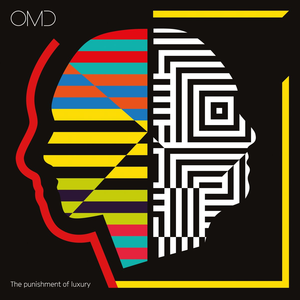Story or stories may refer to:

Orchestral Manoeuvres in the Dark (OMD) are an English electronic band formed in the Wirral, Merseyside, in 1978. The group consists of founding duo and principal songwriters Andy McCluskey and Paul Humphreys, along with Martin Cooper and Stuart Kershaw (drums). Regarded as pioneers of electronic music, OMD combined an experimental, minimalist ethos with pop sensibilities, becoming key figures in the emergence of synth-pop; McCluskey and Humphreys also introduced the "synth duo" format to British popular music. In the United States, the band were an early presence in the MTV-driven Second British Invasion.
Estate or The Estate may refer to:
Stick or the stick may refer to:
Gold is a chemical element with symbol Au and atomic number 79.
Short stories are pieces of prose fiction.
Michael Carson is the pen name of British author Michael Wherly. He is best known for his Benson trilogy of novels, about a young man growing up Catholic and homosexual.
Punishment of Luxury, also known as Punilux, are an English post-punk band, formed in Newcastle in 1976. They disbanded in 1984, but reunited briefly in the late 1980s, and again in 2007, and have been active since.
Death sentence usually refers generally to capital punishment.
Seven or 7Star(s) or star(s) may refer to:
"Short, sharp shock" is a phrase meaning "punishment that is quick and severe."
Punishment is the authoritative imposition of something negative or unpleasant on a person or animal in response to behavior deemed wrong by an individual or group.

The Punishment of Luxury is the thirteenth studio album by English electronic band Orchestral Manoeuvres in the Dark (OMD), and the third since their 2006 reformation. Produced by OMD, it was released on 1 September 2017 by 100% Records in the UK and White Noise elsewhere. In July of that year, the band commenced a tour of North America and Europe in support of the record.
This page is based on this
Wikipedia article Text is available under the
CC BY-SA 4.0 license; additional terms may apply.
Images, videos and audio are available under their respective licenses.

